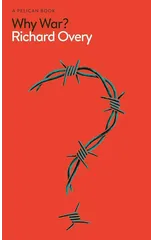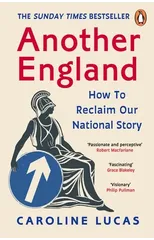Rain of Ruin
Tokyo, Hiroshima and the Surrender of Japan
(Autor) Richard OveryA remarkable account of the terrible climax of the Second World War in Asia, published to coincide with the 80th anniversary of the Hiroshima bombing. In the closing months of the Second World War hundreds of thousands of Japanese, mostly civilians, died in a final outburst of violence from the air. American planes were beginning to run low on plausible targets when it was decided to use two atomic weapons in a final, terrible flourish to try to end the war. Richard Overy's remarkable new book rethinks how we should regard this last stage of the war and the role of the bombing. This book explores the way in which the willingness to kill civilians and destroy cities became normalized in the course of a horrific war as moral concerns were blunted and scientists, airmen, and politicians followed a strategy of mass destruction they would never have endorsed before the war began. But it also engages with the new scholarship that shows how complex the effort to end the war was in Japan, where 'surrender' was entirely foreign to Japanese culture.
Richard Overy
Richard Overy is a British historian known for his extensive research on World War II. He has written numerous acclaimed works on the subject, including "The Bombing War: Europe 1939-1945" and "Why the Allies Won." Overy's writing style is characterized by its meticulous attention to detail and thorough analysis of historical events. His works have had a significant impact on the study of military history and have helped to shape our understanding of the Second World War. One of his most famous works, "The Dictators: Hitler's Germany, Stalin's Russia," examines the rise and rule of totalitarian regimes in Europe during the 20th century. Overy's contributions to literature have earned him recognition as one of the leading authorities on the history of World War II.




